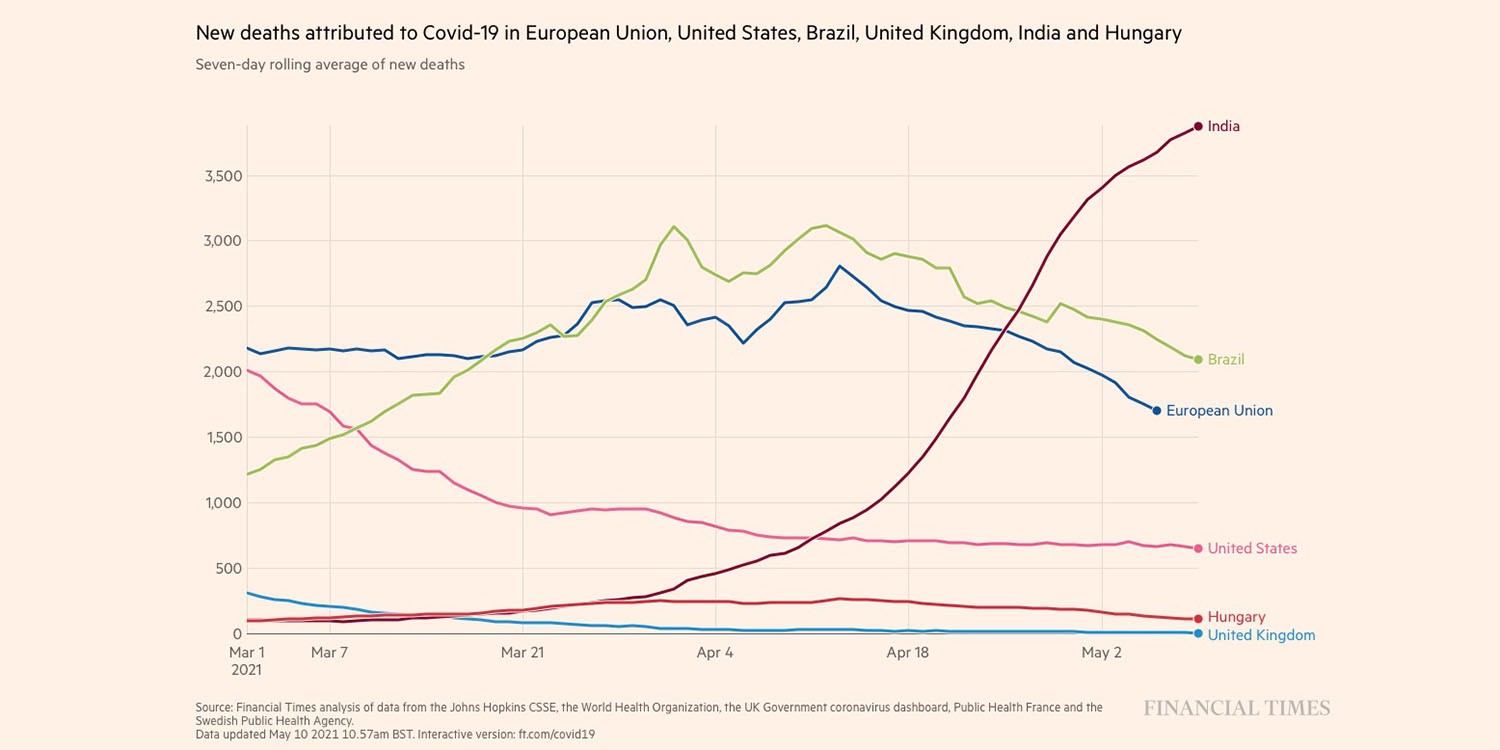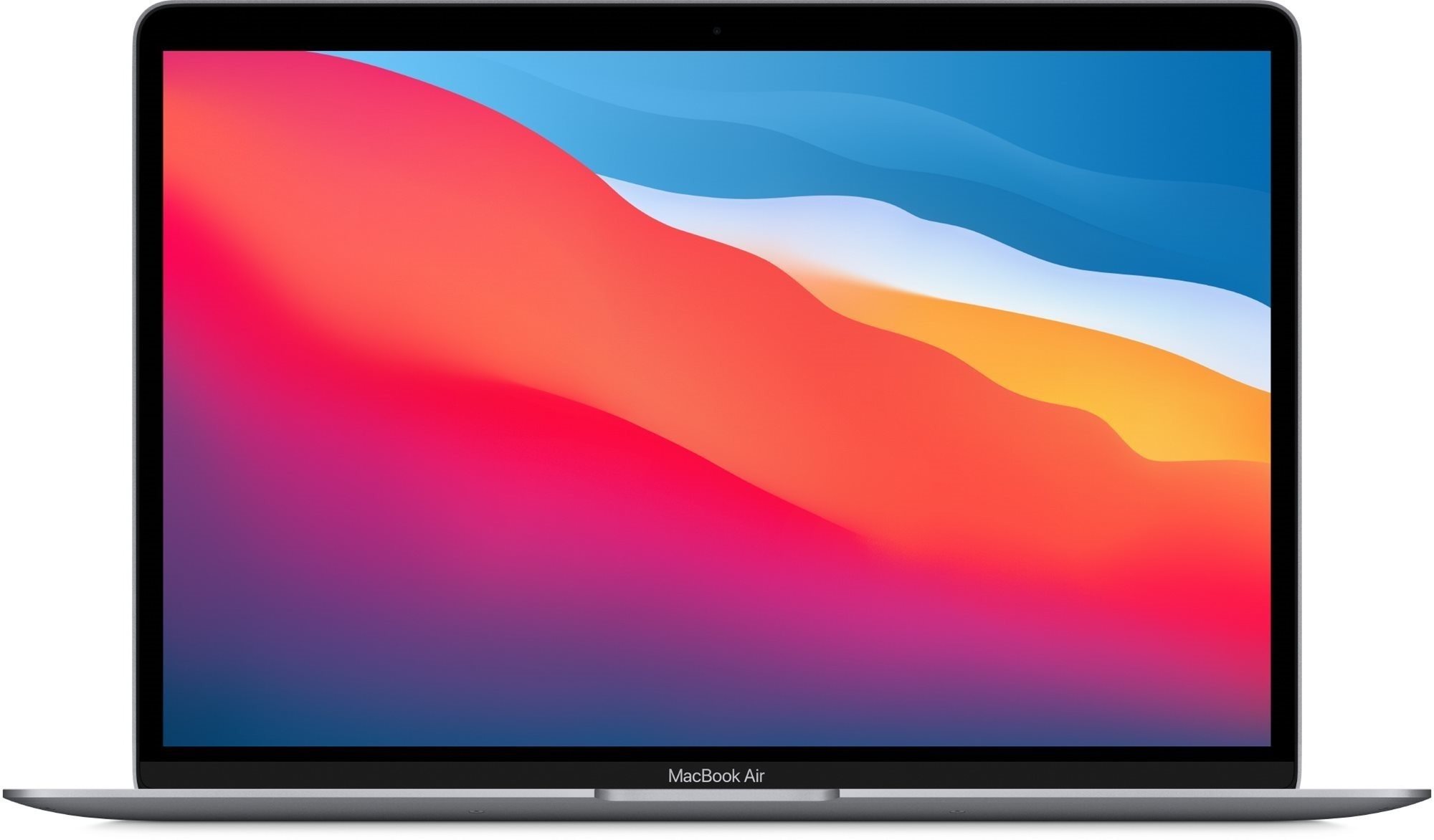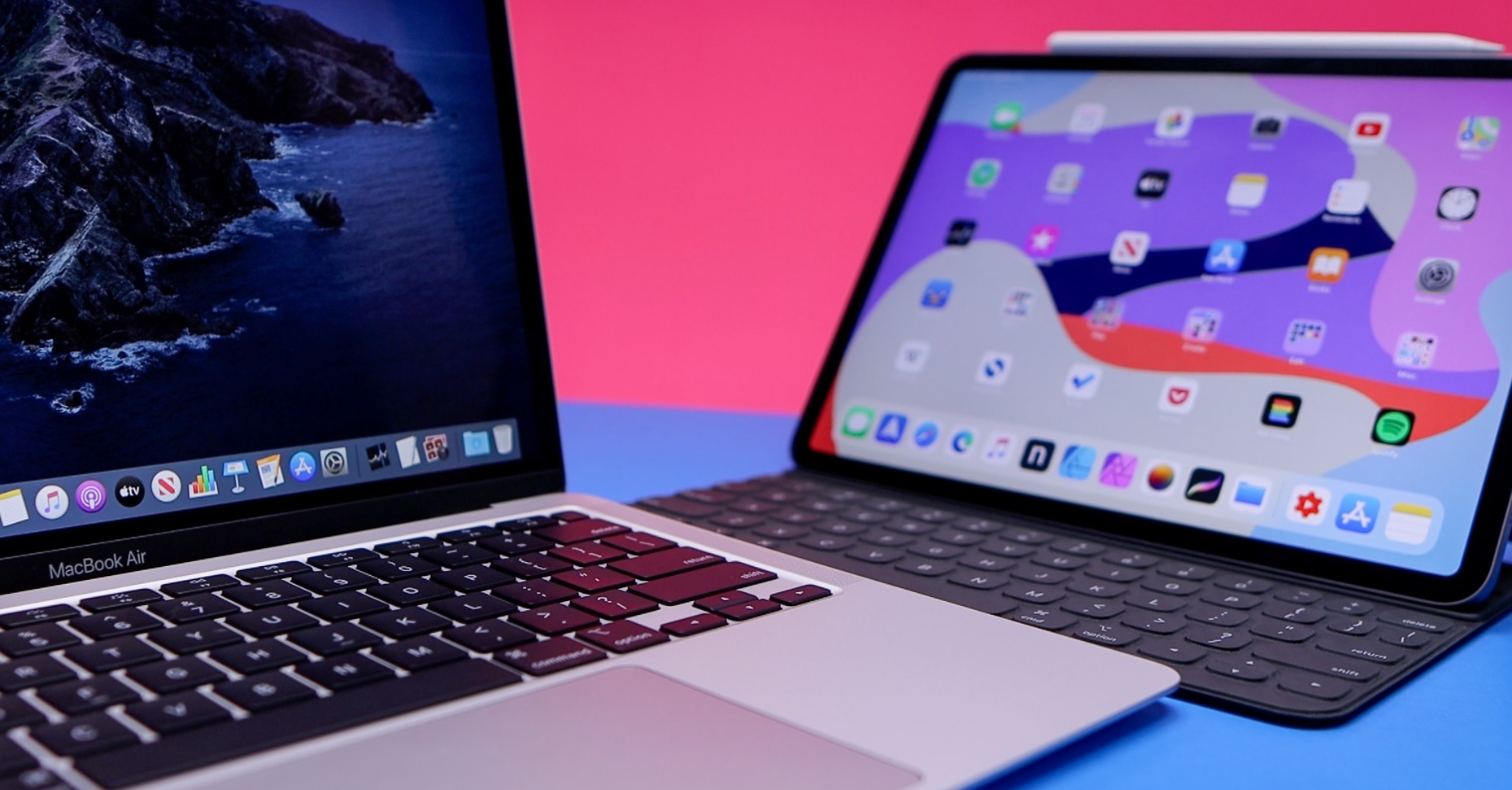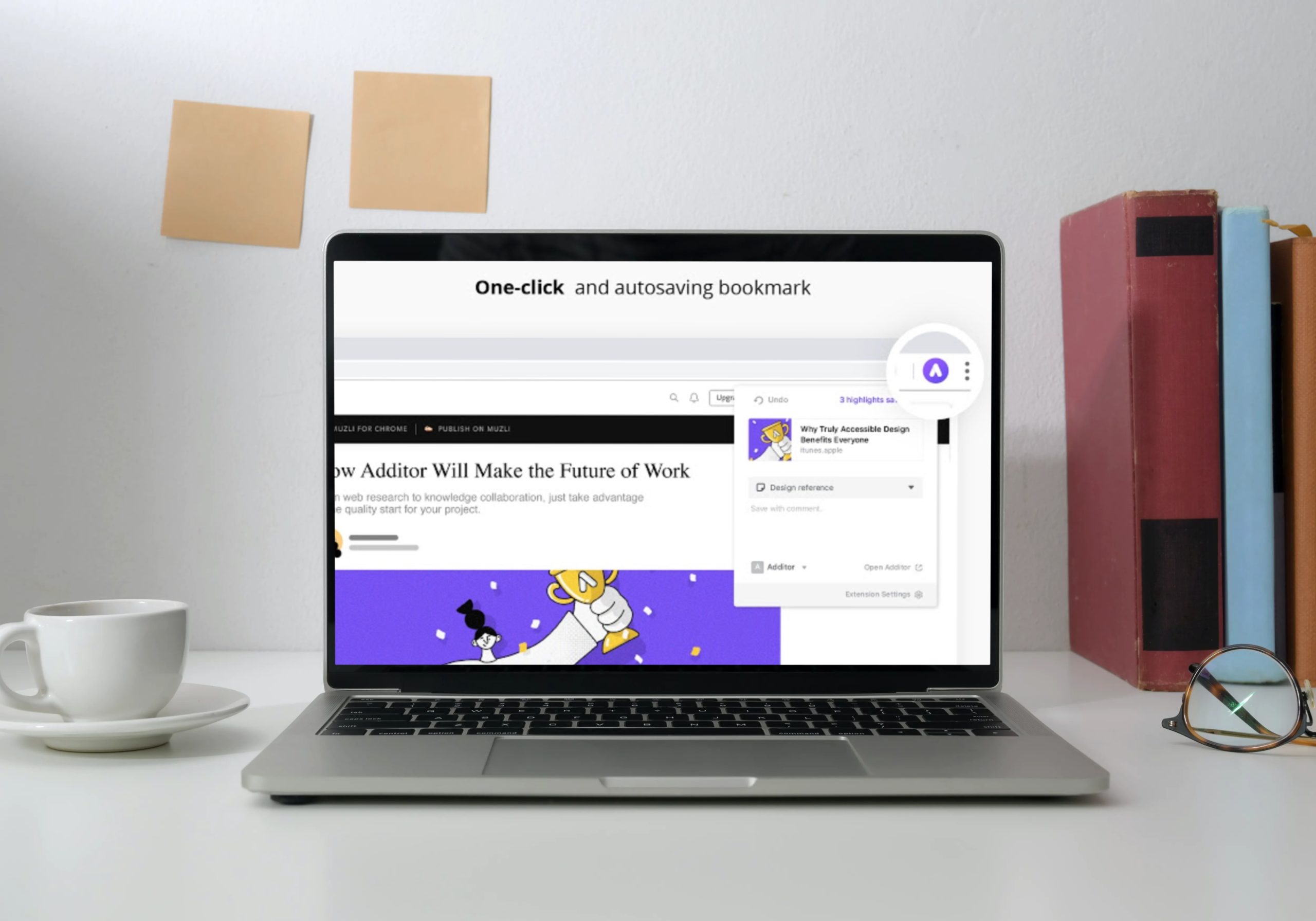Foxconn's plant in India, which is currently hit by the full extent of the covid crisis, is cutting iPhone production in half. The country cannot handle the rapid spread of the virus. Meanwhile, Apple, Google, Microsoft, Amazon and others are lobbying the US government to fund additional chip manufacturing capacity. We probably won't get out of it this year.

More than a hundred employees of Foxconn's Indian plant tested positive for the coronavirus, which is why the management proceeded to close it completely. This is planned until the end of May. Tamil Nadu is one of the worst-hit Indian states in the second wave of the coronavirus. It has been completely closed since Monday, no public transport and shops are closed. All in order to reduce the spread of infection.
It could be interest you

Half capacity
India's Foxconn has reduced production to 50% of its capacity, employees are allowed to leave, but no longer come. However, since the plant provides its own accommodation in a dormitory located within the premises, there is still some workforce present. The company TrendForce has adjusted its forecast for the global growth of the production of smartphones in view of this report, when it is a decrease from 9,4% to 8,5%. The Indian crisis will thus affect important customers of Foxconn, including Samsung and, of course, Apple.

COVID-19 has hit India incredibly hard due to a combination of government decisions not to ban large-scale events and an inadequate health system. As stated by the company Lancet, as of May 4, more than 20,2 million positive cases were reported, with an average of 378 new cases per day and more than 000 deaths. Despite warnings of the risks, the government there allowed religious festivals to be held, as well as huge political rallies that drew millions from across the country.
Earlier this year, Apple began production of the iPhone 12 as part of its ongoing efforts to eliminate its reliance on suppliers and manufacturing in China in India. The significant slowdown in production is not only due to the pandemic, but also a wider global chip shortage, which, while it has not yet affected the company's phone production, is causing delays in Mac computers and iPad tablets.
It could be interest you

More money for more chips
Tech giants like Apple, Microsoft, Alphabet, Amazon, Intel, AT&T, Verizon and others are forming a new coalition lobbying the US government to fund additional chip manufacturing capacity. The Semiconductors in America Coalition supports the CHIPS for America Act, in which President Biden is requesting $50 billion in funding from Congress.
The money is to be used to build additional chip manufacturing capacity in the United States. Automakers such as Ford are the main victims of the global chip shortage, but Apple admitted in its quarterly earnings report that the supply of some MacBook and iPad models will also be affected. The coalition emphasizes that government measures should not favor a single industry (e.g. car manufacturers). Analysts believe that the global shortage of chips will continue through 2022. This “crisis” has increased due to many factors, including the trade wars between the US and China, high demand and of course the COVID-19 pandemic.
It could be interest you

 Adam Kos
Adam Kos 














